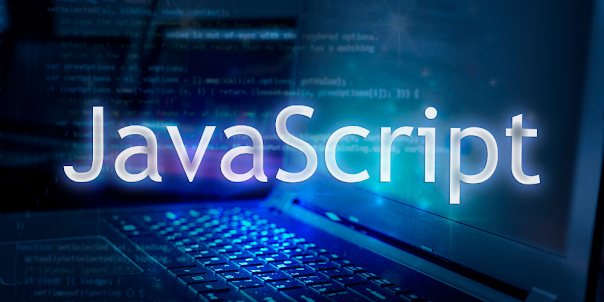The Impact of AI Image Generators on Photography
In recent years, there has been a
significant advancement in artificial intelligence (AI) technology,
particularly in the field of image generation. AI image generators, also known as generative
adversarial networks (GANs), have revolutionized the way we create and consume
visual content. While this technology has a wide range of applications, its
impact on photography has been particularly noteworthy.
So, what exactly are AI image
generators? Simply put, they are algorithms that use machine learning to
generate new images based on a dataset of existing images. These algorithms
consist of two neural networks - a generator and a discriminator. The generator
creates new images, while the discriminator evaluates the authenticity of these
images. Over time, the generator learns to create images that are
indistinguishable from real ones, resulting in highly realistic and often
surreal images.
One of the most significant impacts
of AI image generators on photography is the democratization of the medium. In
the past, photography was limited to those who had access to expensive equipment
and technical knowledge. With AI image generators, anyone with a computer and
internet connection can create stunning images. This has opened up
opportunities for aspiring photographers and artists to showcase their
creativity and talent without the need for expensive equipment.
Also Read: AI Logo Generators
Moreover, AI image generators have
also changed the way we think about editing and post-processing in photography.
Traditionally, photographers had to spend hours in front of a computer,
manually editing and manipulating images to achieve a desired effect. With AI
image generators, this process has become much more efficient and streamlined.
These algorithms can quickly generate multiple variations of an image, saving
photographers a significant amount of time and effort.
Another impact of AI image generators on photography is the blurring of the
lines between reality and fiction. With the ability to create hyper-realistic
images, it has become increasingly challenging to distinguish between what is
real and what is artificially generated. This has raised ethical concerns,
particularly in the realm of photojournalism, where the authenticity of images
is crucial. However, it has also opened up new creative possibilities for
photographers to explore and experiment with.
AI image generators have also
challenged traditional notions of copyright and ownership in photography. With
these algorithms, anyone can create images that are similar to existing ones,
raising questions about the originality and ownership of these images. This has
sparked debates about the role of AI in the creative process and the need for
regulations to protect the rights of artists and photographers.




Comments
Post a Comment